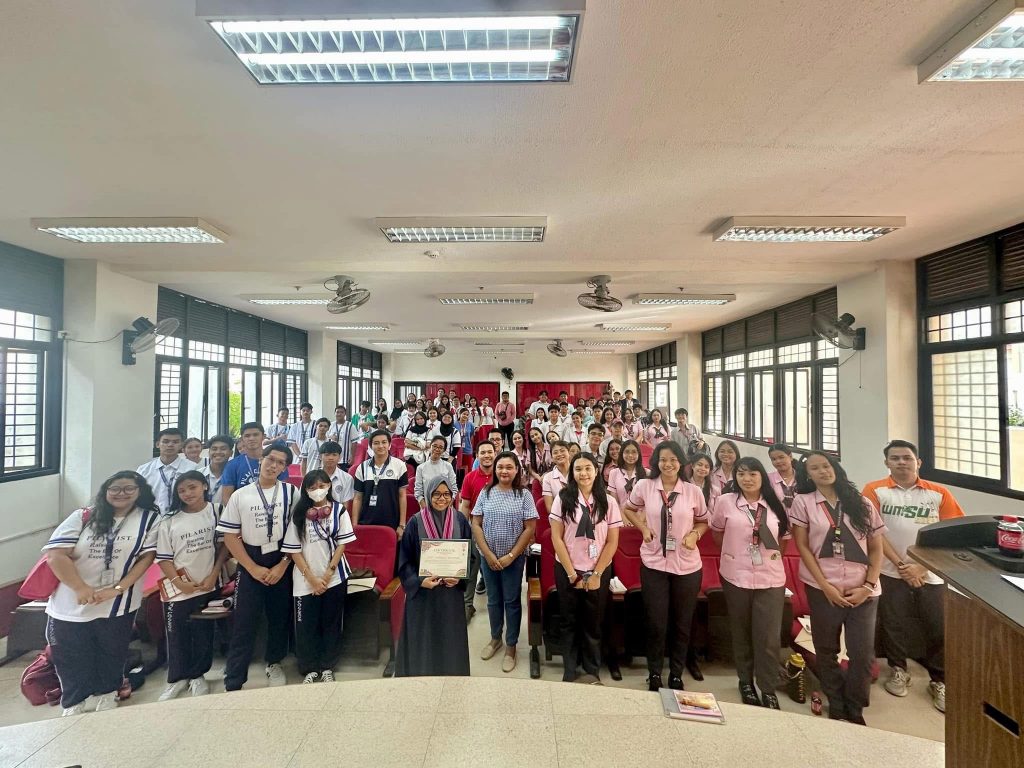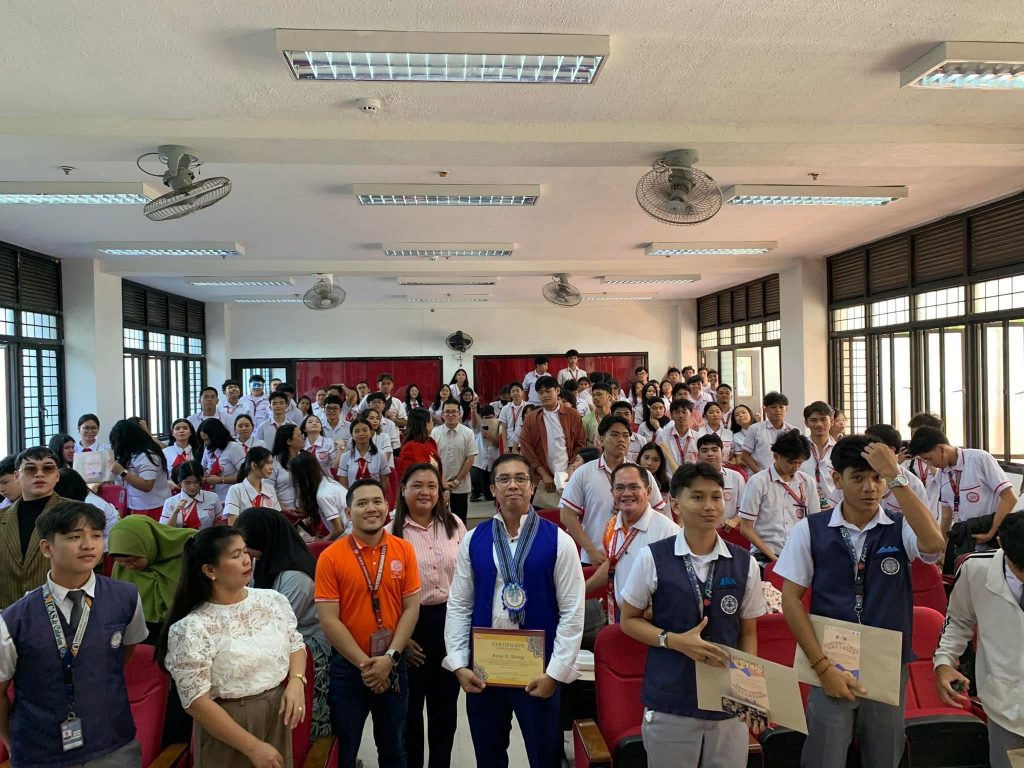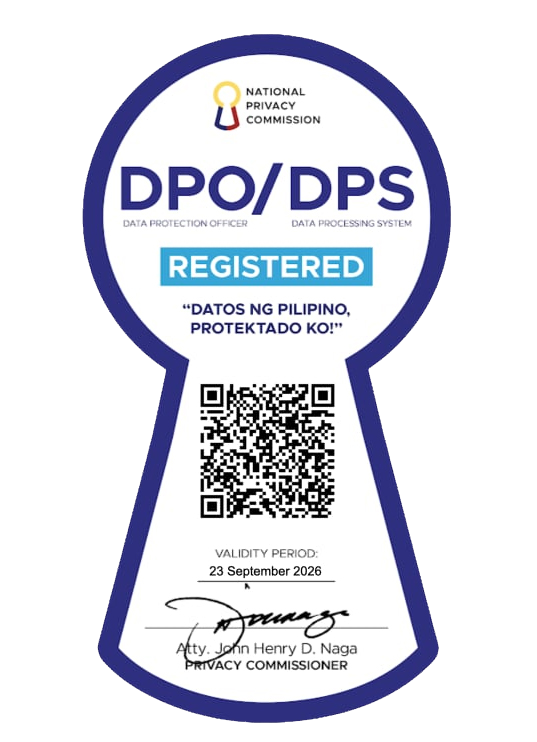Western Mindanao State University (WMSU), through its Extension Program and the Sibika Hub led by Project Leader Assistant Professor Betsy Pearl P. Parangan, successfully conducted a series of civic education initiatives titled “Democracy Talks: Heroes Series.” This youth-led initiative, initially supported by the United States Agency for International Development (USAID) and The Asia Foundation (TAF) through the Youth Leadership for Democracy (YouthLed) project, served as a platform to educate and inspire students to become active participants in democratic processes across Zamboanga City and the wider Zamboanga Peninsula.
The WMSU Sibika Hub, designed to be a central platform for civic resources, networks, and school-based programs, aims to empower young individuals to contribute meaningfully to their communities. The “Democracy Talks: Heroes Series” celebrated the lives and legacies of four Filipino heroes—Dr. Jose Rizal, Andres Bonifacio, Gabriela Silang, and Emilio Aguinaldo—each known for their role in the nation’s fight for freedom and justice.
1. Dr. Jose Rizal
The series opened on January 31, 2025, with a deep and reflective discussion on Dr. Jose Rizal, the Philippine national hero. The event featured Dr. Ryan D. Biong as guest speaker, who brought Rizal’s legacy to life with insightful narratives on his contributions to intellectual freedom and peaceful resistance. Students were encouraged to emulate Rizal’s ideals of patriotism, critical thinking, and civic responsibility.
2. Andres Bonifacio
On February 21, 2025, the spotlight shifted to Andres Bonifacio, regarded as the Father of the Philippine Revolution. The session was held at the ILS AVR and welcomed Senior High School students from Claret School of Zamboanga City, Pilar College of Zamboanga City, and WMSU. Guest speaker Atty. Ayshia Fernando Kunting, a noted historian, delivered a compelling presentation that highlighted Bonifacio’s revolutionary spirit and the many forms of modern-day heroism. The event reinforced the importance of courage, sacrifice, and advocacy among the youth.
3. Gabriela Silang
The third installment, held on March 7, 2025, featured Gabriela Silang, a revolutionary leader and symbol of female empowerment. The event, attended by students from WMSU and Zamboanga Peninsula Polytechnic State University (ZPPSU), was led by guest speaker Ms. Nova Altoveros. Her talk focused on Silang’s leadership during the colonial resistance and her relevance in today’s movement for youth and women’s empowerment. Students were encouraged to take inspiration from Silang’s bravery and to take active roles in civic engagement and leadership.
4. Emilio Aguinaldo
The series concluded on April 11, 2025, with a session on General Emilio Aguinaldo, the first President of the Republic of the Philippines. The culminating talk, held at the ILS High School AVR, once again featured Dr. Ryan D. Biong, who offered historical insights into Aguinaldo’s presidency and contributions to Philippine independence. The event served as a meaningful finale, reinforcing the values of leadership, patriotism, and civic involvement.
The “Democracy Talks: Heroes Series” successfully brought history to life and reminded young learners of the enduring values of democracy. Through the lens of the nation’s greatest heroes, students were empowered to reflect on leadership, representation, and the responsibilities of citizenship.
WMSU and the Sibika Hub extend their gratitude to all resource speakers, school partners, and participants who contributed to the success of the series. By encouraging dialogue and action, the initiative underscored that democracy is not merely a historical concept—but a living, evolving force shaped by informed and engaged citizens.
As the series concludes, the Sibika Hub remains committed to its mission of civic education and youth empowerment. The message is clear: heroes do not only belong to the past. They are being shaped today in classrooms, communities, and conversations. Democracy lives on—through the actions of the youth. (Dr. Carl C. Dagalea)





